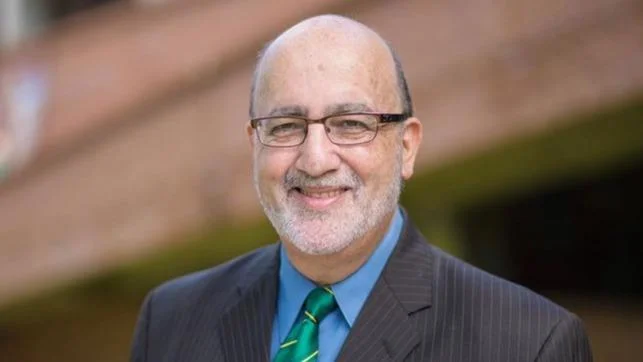Guatemala produces about 9,000 tons of waste daily, with much of it ending up in water bodies, illegal dumps, or being burned in the open. This practice is especially common in rural areas due to a lack of proper collection systems and limited resources for acquiring biomass. Burning plastics at low temperatures does not fully decompose them and releases toxic gases and ash. Only industrial incinerators operating at higher temperatures can do this safely.
To address these issues, the Ecolectivos initiative was launched by the Centro de Estudios en Salud (CES) at Universidad del Valle de Guatemala (UVG), together with Emory University’s School of Nursing, the University of Georgia, and the University of San Francisco. The project’s name combines words from ancient Greek meaning “home” and Latin for “collective.” The idea originated from a related study on household air pollution intervention networks.
Ecolectivos aims to understand why plastics are burned in rural communities and to promote sustainable alternatives using a participatory scientific approach.
The study took place in 16 rural communities in Montaña de Santa María Xalapán, Jalapa, from January 2021 to May 2025. Eight communities were part of an intervention group and eight served as controls; selection was based on proximity to main roads and departmental centers. In total, 400 women participated—200 each in both groups.
One significant finding was that most plastic waste comes from consumption of ultra-processed products such as sugary drinks and foods with low nutritional value. This increases both waste generation and public health risks.
The project raised community awareness about the dangers associated with plastic use and burning while promoting healthier alternatives. Training sessions helped participants identify which plastics to avoid or reuse and how to reduce their consumption.
The study coincided with Guatemala’s Government Agreement 164-2021 on waste classification, creating an opportunity for local efforts to align with national policies for solid waste management.
Ecolectivos involved not only study participants but also community leaders, COCODES (community development councils), local churches, and other key actors. This coordination ensured that activities were relevant locally and interventions had lasting impact.
Each community developed its own initiatives such as cleanup days, recycling projects, making organic soaps or vermicomposters. The Ecolectivos team provided technical support so these actions could be effective within each local context.
According to those involved: "El Proyecto Ecolectivos demostró que al escuchar a las comunidades y comprender sus realidades se podían construir soluciones efectivas y duraderas. Las estrategias implementadas fortalecieron la capacidad y la motivación de las personas para adoptar hábitos más saludables y sostenibles."
The project is currently paused but has already made a positive impact.

 Alerts Sign-up
Alerts Sign-up